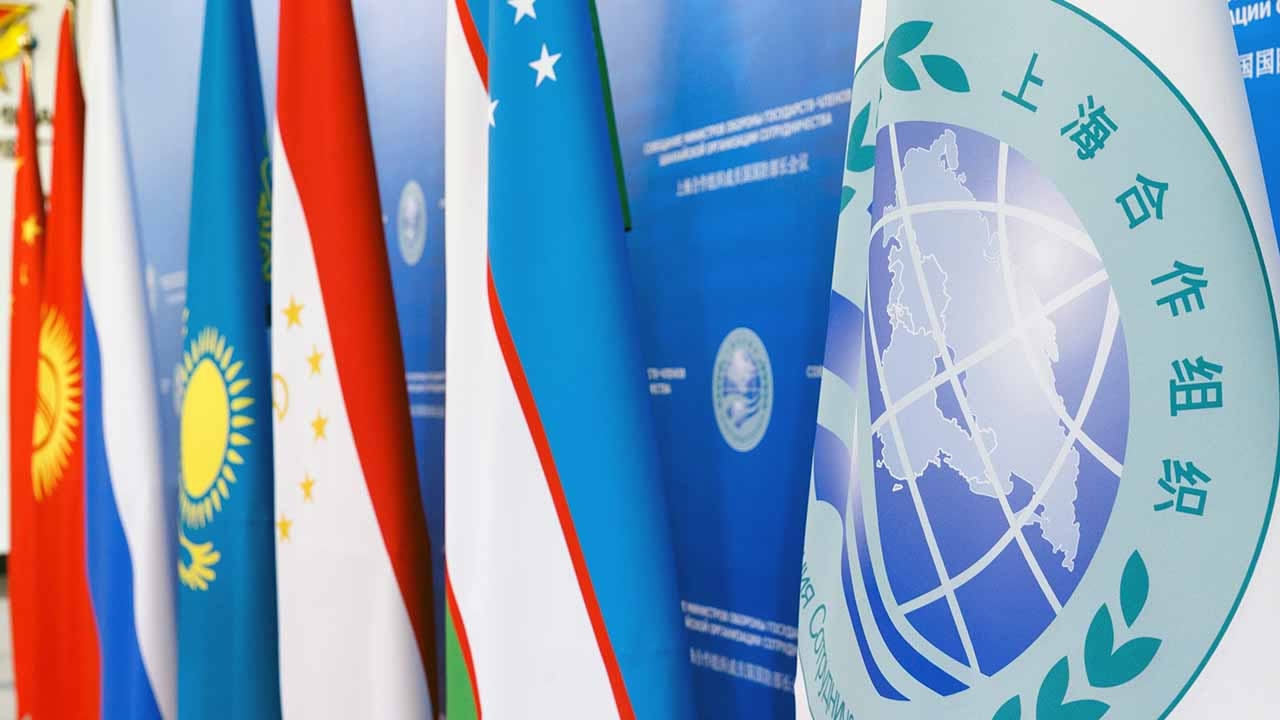
Politics
16:33, 10-Jun-2017
Opinion: The role of the Shanghai Cooperation Organization

The Shanghai Cooperation Organization (SCO) summit which just concluded in the Kazakh capital Astana, not only focused on security but also on boosting trade between member countries.
Su Xiaohui, Deputy Director from the China Institute of International Studies, spoke to CGTN about the anti-extremism treaty signed during the summit, the SCO’s role in countering terrorism and the relationship between the SCO and China’s Belt and Road Initiative.
Anti-terrorism should not be used as political tool
The anti-extremism treaty is the first of its kind signed in this area. Su said SCO members are trying to establish rules to combat terrorism, one of which is that anti-terrorism responses should have specific goals and not be used as political tools by countries to interfere with other nations' domestic affairs.
Su also said that a growing number of countries have realized that anti-terrorism and anti-extremism efforts should also be focused on the Internet.
The expansion of terrorism into the digital world, a new battleground for extremists, has made it a big issue for many countries and one which is increasingly difficult to tackle.
An inclusive organization based on common interests
Some media reports have tried to draw comparisons between the SCO and NATO, however the latter is a military alliance dealing with external forces while the SCO is a regional, non-allied cooperation organization.
Su pointed out that this means the SCO is not an exclusive group and wants to work on anti-terrorism efforts with other countries based on common interests rather than legally-binding rules.
India and Pakistan were formally accepted into the group at this year's summit, sending a signal that the SCO welcomes participation from other countries. With two new members on board, it is hoped the organization will be more influential and be better able to tackle terrorism.
Discussing the Belt and Road Initiative
As nearly all SCO member countries are on the route of China’s Belt and Road Initiative, the summit also served as a platform for China to talk with other countries on cooperation under the initiative.
It enabled China to conduct the conversation in a multilateral setting. It also gave India and Pakistan a better understanding of the aims of the initiative.

SITEMAP
Copyright © 2018 CGTN. Beijing ICP prepared NO.16065310-3
Copyright © 2018 CGTN. Beijing ICP prepared NO.16065310-3